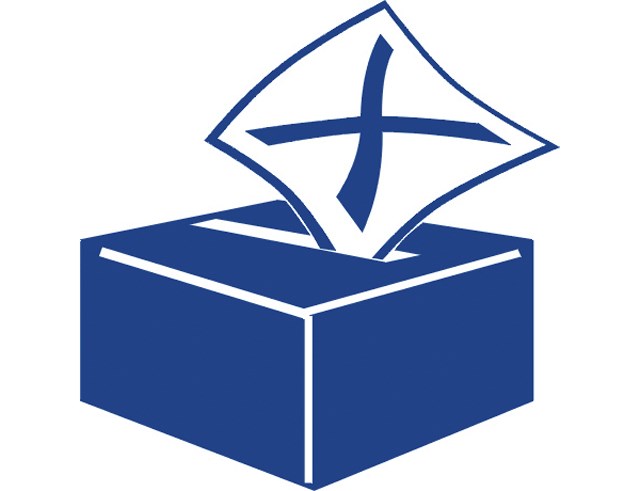Dear Editor,
Election 2019, what does it mean?
In 2015, Justin Trudeau vowed to make our politics less adversarial, more co-operative through electoral reform. Parliament would speak for all Canadians, was the promise. Canada, marked by diversity, demands co-operation, consensus, listening, compromise, respect for all legitimate views, said Trudeau.
Trudeau broke the promise, but the dream did not die.
Election 2019 delivered the promise without electoral reform. Canadians, wisely, withheld winner-take-all power from any political party, instead expecting politicians to rise, embrace the challenge and seek the national interest through compromise, consensus and co-operation.
Why is that wise? Because, that is how civilized grown-ups reconcile conflicting interests; the alternative is chaos.
Election 2019’s second lesson is Justin Trudeau’s to learn. In 1972, under Justin’s father, Pierre, the abundant expectations that marked the beginning of Pierre’s rule had soured and Liberals were reduced to a minority government. For the next two years, the Liberal government depended on NDP support. Pierre Trudeau took that bitter pill and internalized its lesson. He changed his ways, going on to become a great prime minister. There is hope for Justin and for Canada.
Minority governments are said to be of short duration. That is true, because of first-past-the-post.
If Canadians are serious about a constructive, positive political structure that endures, they must change the voting system. And there is no better time to do so than during a minority government.
Nick Loenen
RICHMOND



